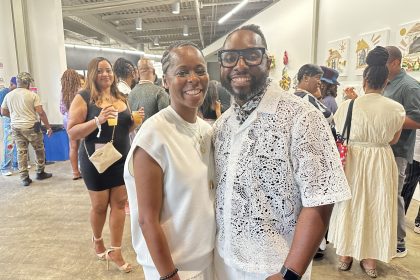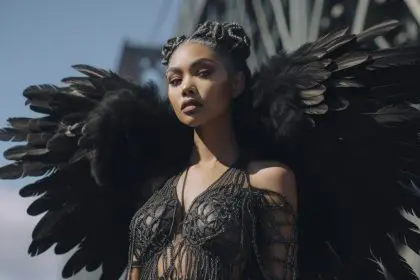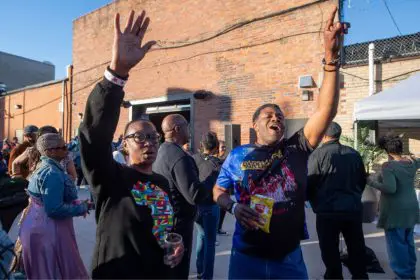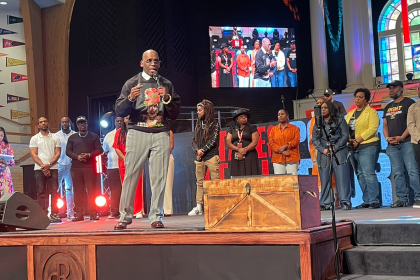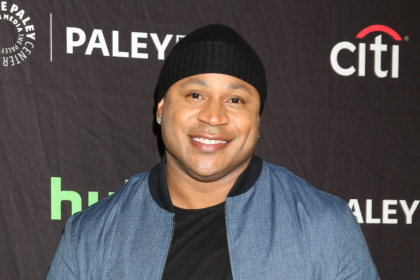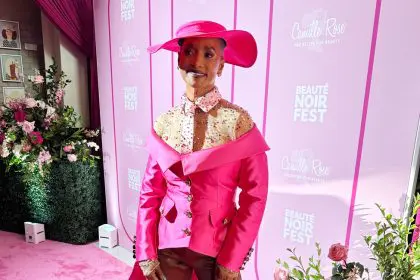View some of Burroughs’ works demonstrating her artistic expression and sign the petition in support of the voice that is an important part of our history. Click here to sign the petition: https://petitions.moveon.org/
Dr. Margaret Burroughs established the DuSable Museum of African American History, and now it’s time for Chicago Mayor Rahm Emanuel and the Chicago Park District to rename one of the most recognizable locations in Chicago, 31st Street Harbor, in her honor.
We acknowledge Burroughs, the creator of the DuSable Museum, as a trailblazer who highlighted the African American experience during a time when others did not organize exhibits or showcase Black culture or Black-owned businesses. It is important to remember this is a woman who had the fortitude to stand up and open her home at 3806 Michigan Ave., and WHO decided that it needed to be a museum. She recognized the need for a place to house Black art collections because there was no place that Blacks could congregate and reflect upon themselves in a positive way, fortify their existence and trumpet themselves as champions.
Margaret Burroughs deserves a monument, several of them throughout Chicago, that would honor her years of commitment and dedication to the Black community. Burroughs and her husband opened the doors of their home, thereby creating a gateway where people of color could explore and learn about themselves. She committed herself not to benefiting and profiting from art, but to showcasing artists whose voices haD been quieted because of their race.
Her legacy reaches beyond the DuSable Museum. Burroughs realized she could depict Black life through her own artistic expression. Burroughs was at the forefront of providing positive images of Black women and children through her literary works, including a book of poetry titled What Shall I Tell My Children Who Are Black.
Burroughs gave her all to make sure that the image of African Americans, the voices of African American artists, authors and poets were seen and heard. It was important for our voices to be heard, to be curated by African Americans for African Americans. It is especially significant because it was before anyone else thought to collect and display African American art.











